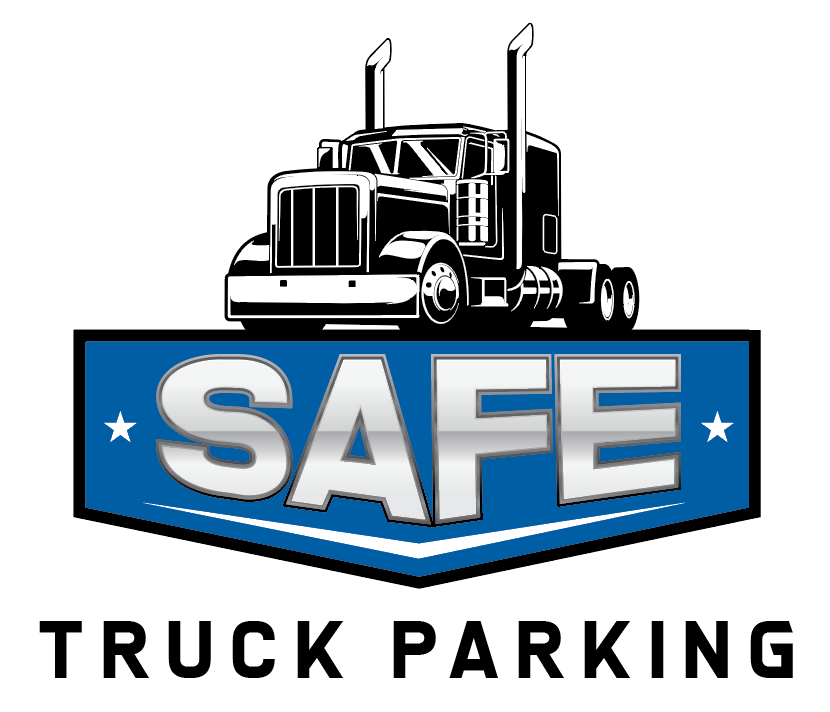Four Major Reasons Why Truck Parking is Hard To Find (And One Solution)
There is nothing worse than trying to find truck parking at the end of a long day of driving. In a recent study, the American Transportation Research Institute reported that about 80% of truck drivers spend at least 30 minutes or longer to find parking. Currently truck parking is listed as one of the top ten biggest issues facing truck drivers. In a 2018 Freightwaves article, Darrin Roth, Vice President of Highway Policy at the American Trucking Associations (ATA) made the following statement: “Three quarters of drivers report trouble finding spaces on a regular basis or at least once or twice a week.” This begs the question: why is it so difficult to find truck parking when it’s clear truck drivers need to take breaks after long drives to rest and get ready for their next day?
In fact with Electronic Logging Devices (ELD) required in all Trucks—it’s more important for drivers to take breaks as those devices monitor how many hours have been driven in a day, and force drivers to take a breaks so they have enough adequate time away from the road to drive again. The team at Vantage Truck Parking has created a list of four of the big takeaways that make truck parking so hard to find right now.
Lack of Available Parking Spaces (and Information)
Truck parking spaces aren’t always easy to find (especially near major metro areas), but technology is catching up. The lack of truck parking near major cities like Los Angeles, Chicago and Atlanta are obvious challenges. Dan Murray, Vice President at American Transportation Research Institute, made the following statement in a 2018 FleetOwner article: “We’re highly constrained in certain locations such as those on the East Coast and particularly the Northeast, also Los Angeles. There’s no question that its catastrophic in some locations.” In Florida, the Department of Transportation has warned that overcrowding and overflow at existing truck parking spots sometimes leaves truck drivers parking on highway shoulders or in random unsecured vacant lots.
But it just not a lack of spaces, it’s a lack of information about available truck parking spaces across the nation that’s making it even more difficult to locate parking. Florida has seen some significant improvements in recent years. Trucker Path, an app for truck drivers can pinpoint a truck driver’s location and show what parking is available near them. Also, other states are stepping up. In Iowa, they are using a portion of a $25 million dollar grant to install radar sensors and inground puck sensors to identify truck parking spaces in over 20 public rest areas along Interstate 80.
Residential Regulations
Regulations prevent large trucks and trailers from parking in residential areas. Many residential areas pose restrictions on commercial vehicles—imposing weight and size limits on when and where large trucks can park. Most of these zoning ordinances prevent overnight parking unless you have a special permit. In fact, some homeowners that are truck drivers were prohibited from parking their trucks at their homes because it violated local zoning ordinances.
Warehouse Facilities are Not Designed for Parking
When a truck picks up or delivers a shipment of goods at a warehouse facility, there is usually just a row of truck parking opposite the loading docks, and that’s not enough to accommodate the off-road storage of trailers and trailers waiting to be loaded. The timing for delivering these shipments is usually super tight as warehouse give windows for delivery, often leaving truckers lurching in empty parking lots waiting to make a delivery window. This is especially prevalent in bigger cities like Atlanta, Houston and LA where truck drivers have to deal with uncontrollable issues like traffic/construction that can make them late for deliveries.
Finding Parking When Everyone Wants Parking
Finding truck parking is like finding a motel/hotel at a beach during summer busy season. Everyone wants it at the same time, and it becomes incredibly hard to find closer to nighttime. Truck parking has the same capacity constraint challenge every night. Drivers have similar schedules and data from apps like Trucker Path suggest that parking supply becomes more limited after 10 p.m. That makes sense, as there are over three million truckers traveling on highways and roads and roughly 300,000 public parking spots.
The Solution: Parking You Can Trust
At Vantage Truck Parking, our goal is to make parking easier for Truck Drivers nationwide. Currently we have Parking Lots in Illinois, Houston and Florida, and are continuing to expand to other markets. We have secure lots with 24/7 video surveillance and gates to protect your trucks and trailers, as well as daily and monthly rates to fit your needs.
To learn more about our parking locations click here.
